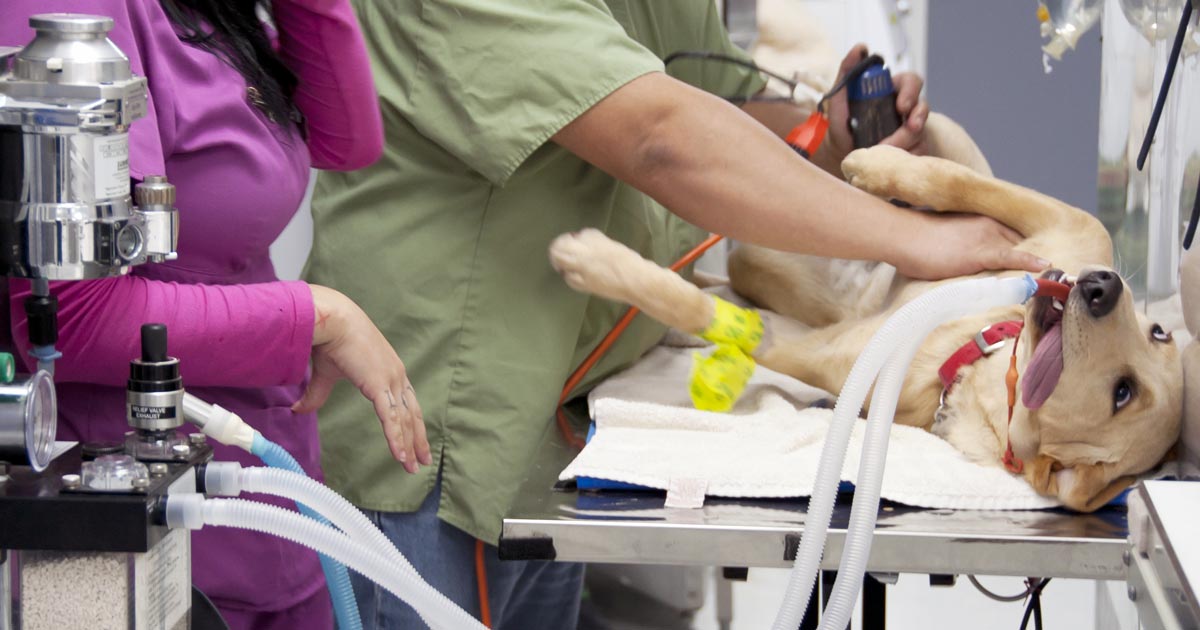In part one of this series we discussed the important questions to ask when taking a history from owners of dogs and cats that are having seizures. In this part, we look at the differential diagnoses for these cases.
There are many ways to classify the different causes of seizures, but the simplest is as follows:
- Structural – where intracranial pathology is causing the seizures.
- Reactive – where an extracranial issue is causing a seizure response in a normal brain.
- Idiopathic – a diagnosis of exclusion where we are unable to identify a reason for the disturbances in brain activity.
Structural
Intracranial differential diagnoses include:
- inflammatory processes (meningoencephalitis), such as steroid responsive meningitis-arteritis
- viral diseases (for example, distemper)
- metabolic storage diseases
- neoplasia
- vascular accidents involving clots or bleeds
- hydrocephalus
- trauma
Reactive
Extracranial differentials include:
- hepatic encephalopathy due to hepatic failure or a portosystemic shunt
- various toxicities, such as lead, chocolate, caffeine, ethylene glycol, parasiticides and slug/snail bait
- metabolic issues, such as hypoglycaemia, hypocalcaemia and thiamine deficiency
Idiopathic
If diagnostic investigations (including advanced imagery, such as MRI) are unable to identify an underlying cause of recurrent seizures, this is referred to as idiopathic epilepsy.
To break down this list of differentials into a more relevant and concise list is to consider the most common differentials according to signalment.
In dogs less than a year old:
- portosystemic shunts
- inflammatory conditions of the brain
- distemper
- hydrocephalus or storage disease
- toxicity
In dogs one to five years old:
- idiopathic epilepsy
- inflammatory
- toxicity
- cerebral neoplasia
In dogs of five years or older:
- cerebral neoplasia
- inflammatory
- toxicity
- idiopathic epilepsy
- metabolic disease
- vascular issues
In cats:
- toxoplasmosis
- FIP, FeLV and FIV
- audiogenic reflex seizures (older cats)
- neoplasia
- trauma
- toxins

Leave a Reply